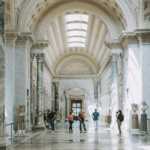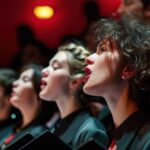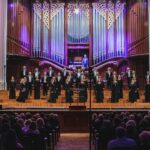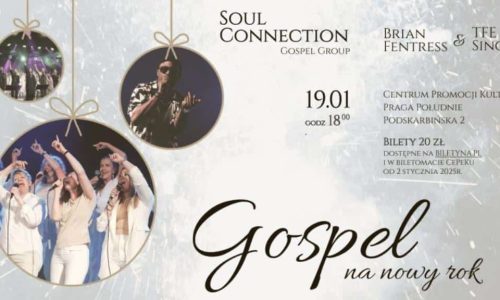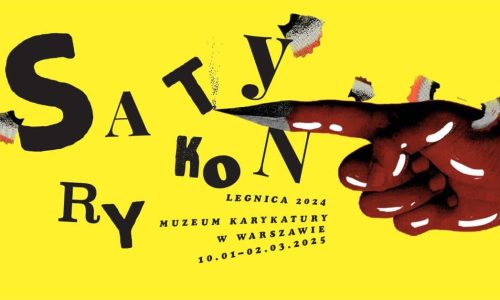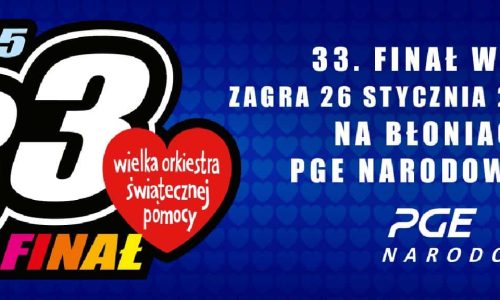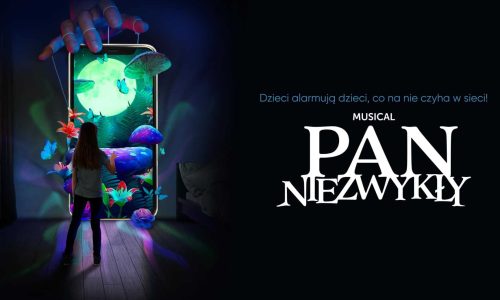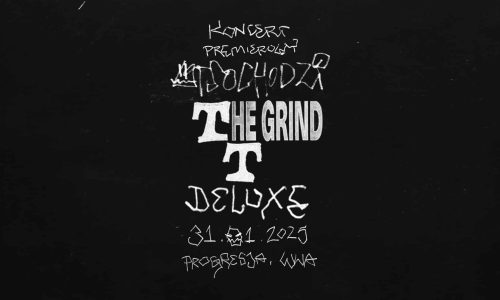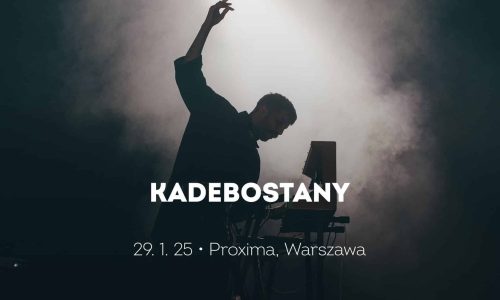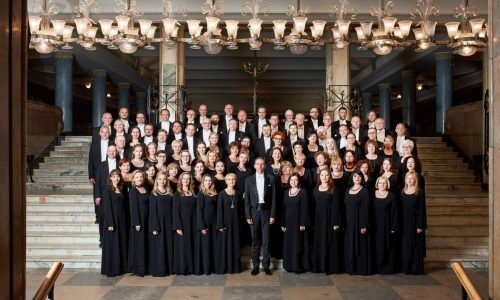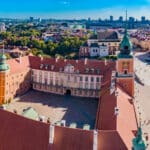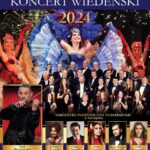Performers:
- National Philharmonic Choir;
- Bartosz Michałowski - conductor, choir director.
Concert programme:
*Johann Sebastian Bach
Motet Jesu, meine Freude BWV 227 [20′]
*Johann Sebastian Bach
Motet Komm, Jesu, komm BWV 229 [10′]
*Johann Sebastian Bach
Motet Fürchte dich nicht BWV 228 [8′]
*Johann Sebastian Bach
Motet Singet dem Herrn ein neues Lied BWV 225 [12′]
*Johann Sebastian Bach
Motet Der Geist hilft unser Schwachheit auf BWV 226 [8′]
*Johann Sebastian Bach
Lobet den Herrn, alle Heiden BWV 230 [8′]
*Johann Sebastian Bach
O Jesu Christ, meins Lebens Licht BWV 118 [7′].
Works in polyphonic, polychoral and unison, religious and secular, in Latin and in French, a cappella and with instruments. It seems impossible to create a short definition of the term 'motet' that would take into account all incarnations of the genre, from the Middle Ages to the present day. The term could indicate both the compositional technique, typical of this type of work, and its language or function. It is also not easy to ascertain how many motets Johann Sebastian Bach wrote. This problem is not only due to the unknown exact number of the composer's lost works, but also to the ambiguous genre classification of the surviving legacy, with a chronology that is difficult to establish. These include at least seven works (mostly two-chorus and without obbligato instrument parts) with German text, which are numbered 225 to 230 and 1164 in Wolfgang Schmieder's catalogue. They follow the tradition of 17th-century Protestant motets to biblical words and religious poetry. In Bach's time, they were mostly performed at funerals - circumstances that did not (generally) allow for pomp and thus following new fashions. They could also serve as didactic pieces. The motet Singet dem Herrn ein neues Lied, still sung after Bach's death in St Thomas' Church in Leipzig (to the delight of Wolfgang Amadeus Mozart), for example, could have been used to work with Bach's pupils.













